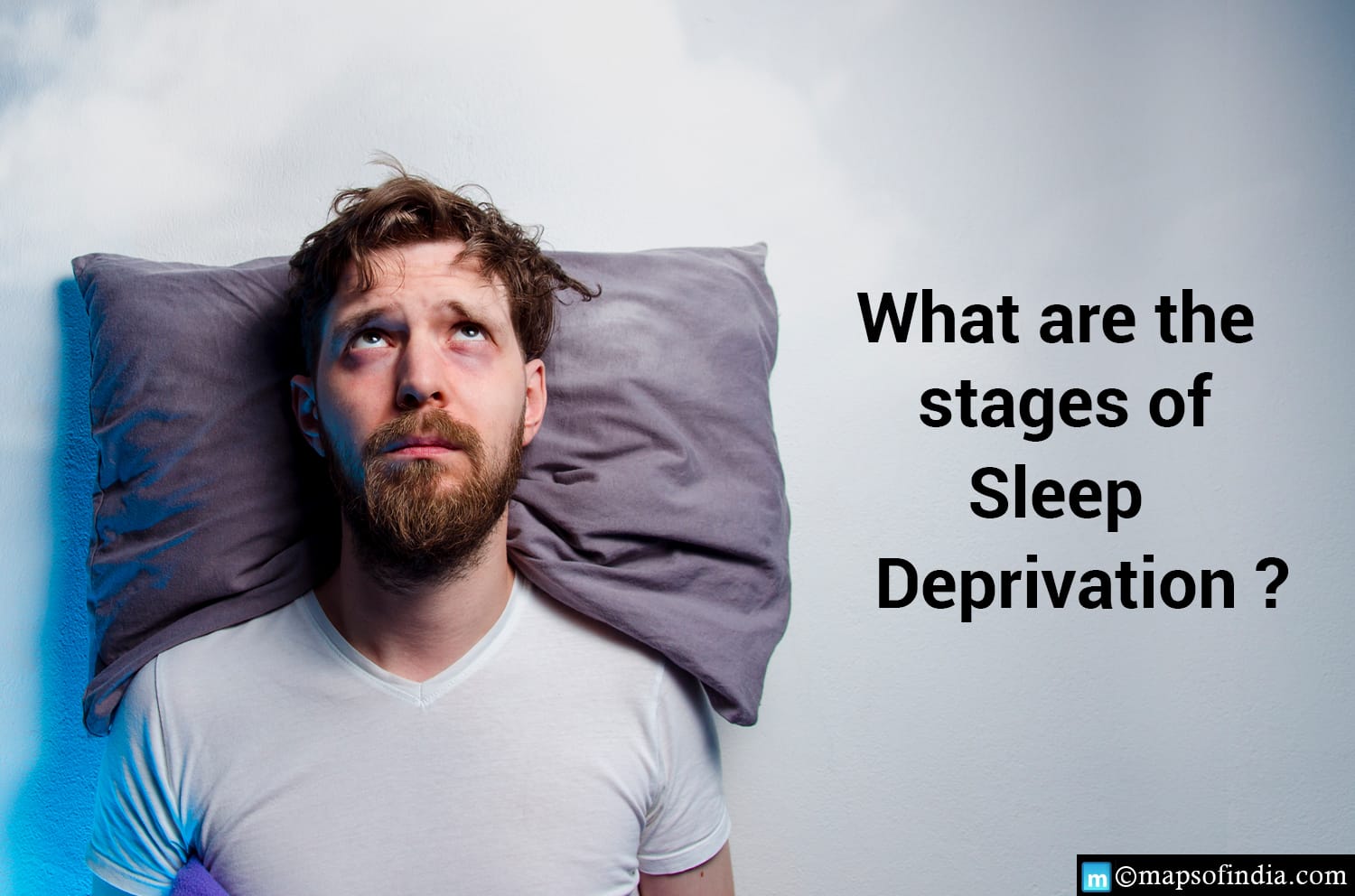People need sleep because it is necessary for survival. Sleep repairs your body itself and helps to perform essential biological functions. Adults need nearly 8 hours of sleep every night. However, sometimes, work and lifestyle can disturb your sleeping schedule.
When you sleep less than needed or get no sleep at all, it’s called sleep deprivation. For many people, Sleep deprivation isn’t a cause for worry, but its prolonged periods can cause serious health problems.
Sleep deficiency can lead to poor cognitive functioning and increased inflammation. It also slows down the functions of the immune system. However, if sleep deprivation continues, it can improve many chronic diseases.
There are five stages of sleep deprivation. These stages are usually divided into 12 or 24-hour increments.
- Stage 1: After 24 hours
It’s widespread to miss 24 hours of sleep. It cannot cause significant health problems, but you can feel tired and “off.”
Staying awake for 24 hours can cause symptoms like:
- irritability
- drowsiness
- increased risk of stress
- anger
- decreased alertness
- impaired concentration
- brain fog
- fatigue
- tremors
- reduced coordination
- increased risk of mistakes or accidents
- dark undereye circles
- puffy eyes
- food cravings
- Stage 2: After 36 hours
After missing 36 hours of sleep, the symptoms can become more intense, where you feel an immense urge to sleep, may start feeling the microsleeps, or brief periods of rest, without even realizing it. A microsleep is asleep that usually lasts up to a few seconds.
At that time, various parts of your brain will have a hard time communicating with each other which can severely impair your cognitive performance, causing symptoms like:
You can feel these physical effects like:
- impaired decision-making
- difficulty processing social cues
- slow reaction time
- impaired immune function
- extreme fatigue
- increased appetite
- increased inflammation
- impaired memory
- difficulty learning new information
- behavioural changes
- Stage 3: After 48 hours
Staying awake for 48 hours without any sign of sleep is known as extreme sleep deprivation. In this situation, it can get even harder to stay awake. You’re more likely to have microsleeps.
You might even begin to see the visions. It mainly occurs when you see, hear, or feel things that aren’t there.
You can face these possible effects:
- heightened stress levels
- increased irritability
- extreme fatigue
- depersonalization
- anxiety
- Stage 4: Awake for 72 hours
After losing three days of sleep, your urge to sleep can get worse, and you may experience more frequent and more prolonged microsleeps.
Sleep deprivation will seriously impair your consciousness. Your visions might become more complex than usual, and you may also have:
- disordered thinking
- depersonalization
- illusions
- dilutions
- Stage 5: Awake for 96 hours or more
After four days, your consciousness level of reality will be severely twisted, and your urge for sleep will get unbearable.
If you skip so much sleep that it makes you forget about reality, it’s called sleep deprivation psychosis.
Sleep deprivation psychosis can get away on its own once you start getting adequate sleep.
How long does it take to recover?
One can recover from sleep deprivation by sleeping early and for more hours.
It’s a good idea to get at least 7 to 9 hours of rest every night which will assist your body get back on track with your fixed schedule.
Recovering from sleep deprivation can take about days or weeks because 2 hours of sleep loss can require up to four days to recover.
